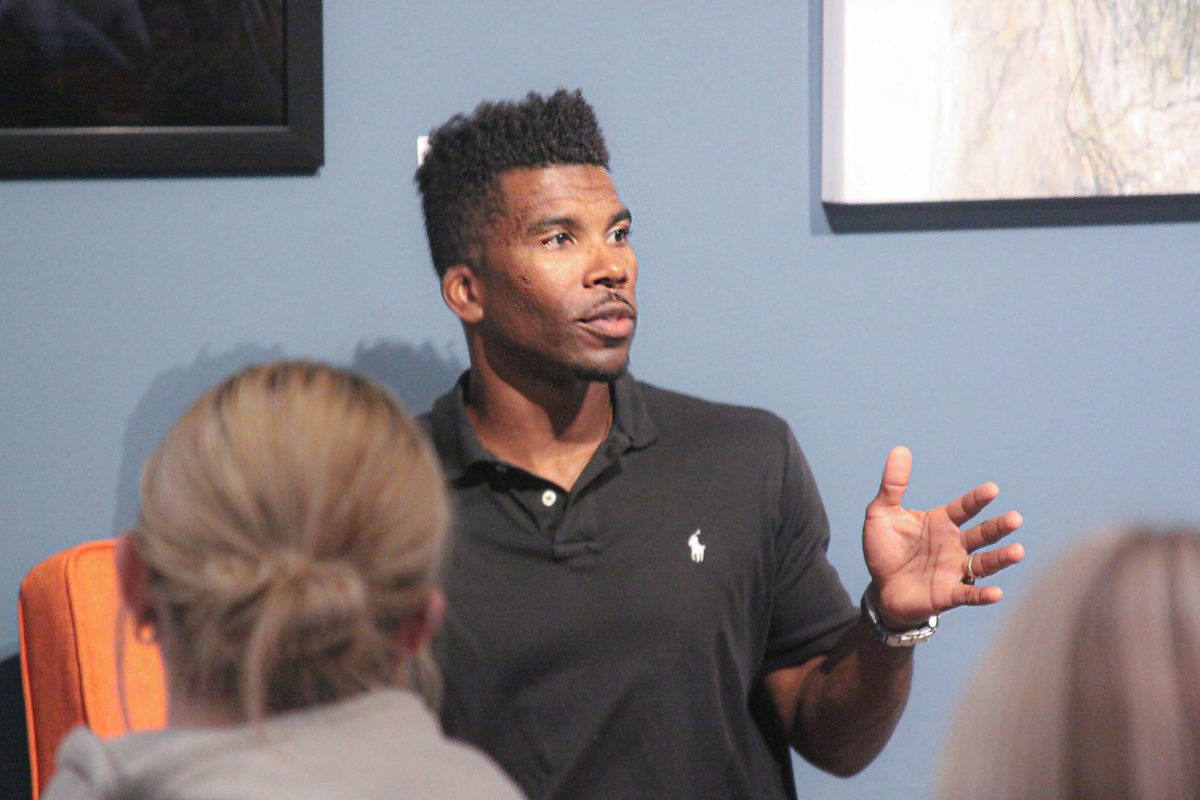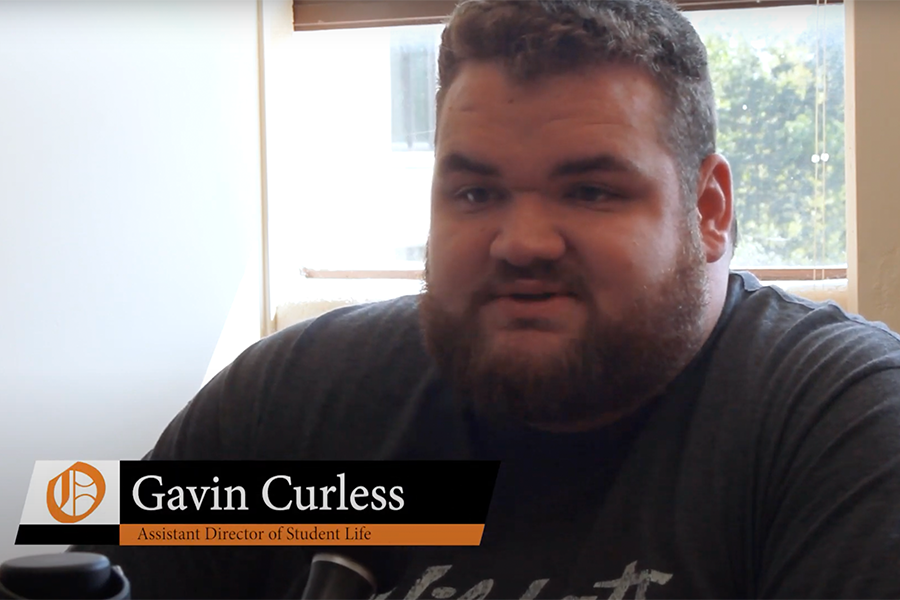Recently, Yahoo chief executive Marissa Mayer caused a commotion when she declared that her employees would no longer be able to work from home.
In a memo to all employees addressing the issue, Yahoo human resources manager Jacqueline Reses wrote, “Being a Yahoo isn’t about your day-to-day job, it’s about interactions and experiences that are only possible in our offices.”
Also among Mayer’s reasons for choosing to cut off all telecommuting options were weeding out unproductive employees, clearing the “bloated infrastructure” and cutting costs.
Mayer’s reasoning may have started a trend. A few weeks after she announced her plan to remove telecommuting, the head honchos at Best Buy decided they, too, would enforce stricter policies.
This is becoming a concern, not only for stay-at-home parents, but for all of those who have taken on the telecommuting lifestyle. Some employees argue they just aren’t cut out for the cubicle work space. They insist they are just as productive, if not more, from the comfort of their own homes.
It is safe to say that Mayer’s choice, and now Best Buy’s, has suffered much criticism from those who think the policy change will be an epic fail, but it has left me to ponder a similarly pressing issue – online education.
Lately, institutions around the nation have been tossing around the idea of digitally delivering higher educational content to degree-seeking students. On March 18, the state of California proposed a bill which necessitates the state’s 145 public universities allow credit for students’ completion of massive open online courses, MOOCs.
The shift, which California state officials feel is a necessary change for higher education, will provide more affordable access to courses for students – and that’s about the only benefit I can recognize in the decision. Even then, I don’t think that’s motive enough for such a transformation.
For instance, compare education to a concert. You wouldn’t expect to pay a measly amount of money to go see (insert favorite band here) rock out. There’s a reason why people dish out their money, and it’s called quality.
Now, I wholeheartedly agree that the quality of an education comes from within – the ability to learn depends on an individual’s mindset, motivation and style of gaining knowledge. But I don’t think we can truly discover our own style without a classroom.
Transitioning to online education removes the face-to-face aspect of schooling, which should be valued. In the classroom, students are able to interact at a personal level, developing relationships with their peers and, more importantly, with their professors.
The impact professors make on a student is not one to take lightly – it’s a lasting influence that stimulates intelligence and shapes lives. When given the chance to meet in person, professors are able to determine student progress based on personality, performance patterns, etc. How is a teacher supposed to analyze such factors without a classroom?
Just as students will grow from the knowledge and advice provided by professors, there are lessons to be learned in the experiences which can only happen in the classroom. The opportunity for discussion and study groups is muddled among the limitations set by online education.
My one and only experience with online education came last year when I took a public relations course through Kansas State University. Other than the chapter quizzes and tests, I was given a digital textbook and a few PowerPoint slides to look at, but that was about as much guidance as I received from the course instructor.
Now, I understand I may not have as strict of a work ethic as some, but without the structure of a classroom setting with a living, breathing person telling me what I need to know, I found it hard to learn the subject. The assignments were made available at the beginning of the semester, allowing me to work ahead as I pleased, but I continuously found myself waiting until the last minute to turn them in, if I turned them in at all.
Ultimately, my experience with the class led me to retake the course, in a classroom, the following semester and I did much better. I was able to make connections with classmates, form study groups, ask questions, all of which contributed to improving my grade not only for the course, but for my GPA. I believe other students would also realize transitioning to an online-only course load would be detrimental to the quality of education they are receiving.
On the other hand, one may argue that because life as we know it wouldn’t exist without computers or digital resources, the use of online education is beneficial for students as they advance and prepare for their future. The way students are used to using the internet is the downfall in this situation, though.
Because we are so adept at taking our social lives online – whether it be through social media, shopping or gaming – we are more likely to tune out the actual work we need to focus on. If we were trained to research, take notes and pose discussions online, then students might be more efficient in an online course.
So, there’s essentially a possibility for great things (lowering the cost of school would be more than great, actually), but looking closely at how online education actually functions, it’s hard to argue that it would be a positive change.
And while some employees may be distressed about it, I think Marissa Mayer made a smart move for her company as a whole. You can’t beat the experience of learning or working in an environment that allows interaction and influence of other people on your life.








